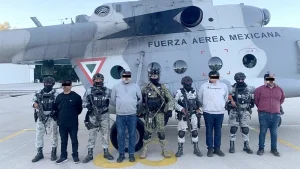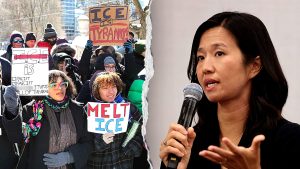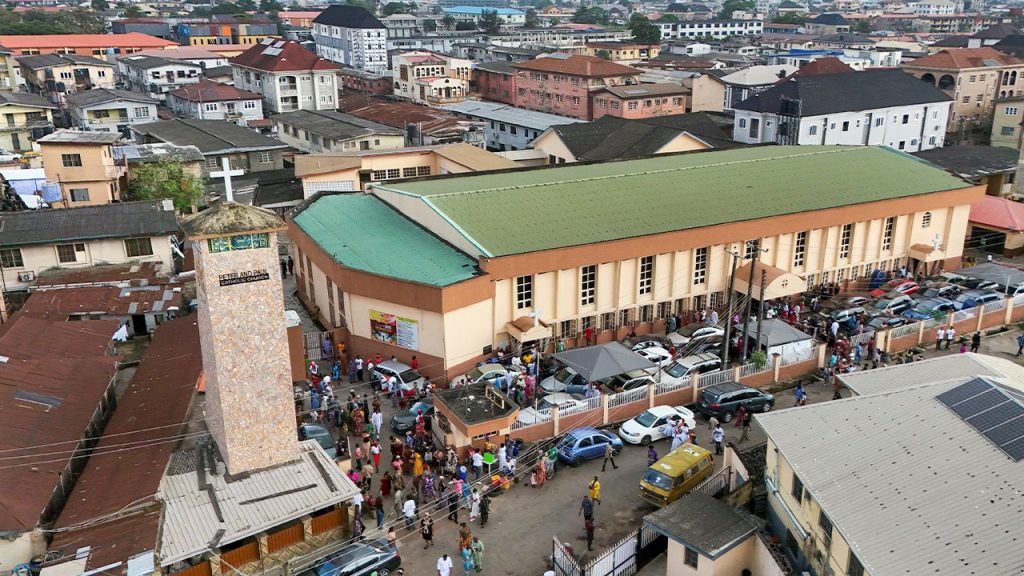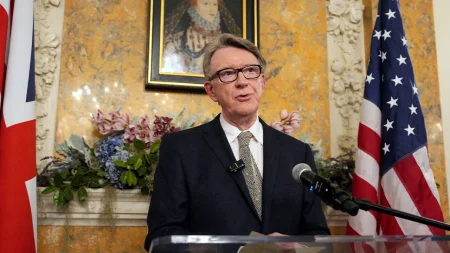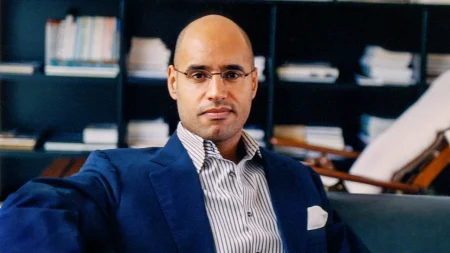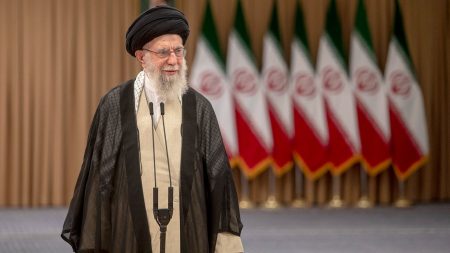Nigerian School Abductions Highlight Growing Crisis for Christian Communities
In the early hours of Friday morning, gunmen stormed St. Mary’s School in Nigeria’s Niger State, abducting dozens of students and staff from the Catholic institution. This devastating attack on the school in the Papiri community of Agwara local government area represents yet another violent episode in what appears to be an escalating pattern of targeted assaults on Christian establishments across the country. While reports from Arise TV indicated that 52 children between the ages of 12 and 17 were kidnapped, government officials have not confirmed the exact number of abductees. The Catholic Diocese of Kontagora reported that a security staff member was “badly shot” during the violent raid, adding to the tragedy of the situation.
The state government’s response has raised questions about coordination and communication between educational institutions and security authorities. According to Abubakar Usman, the secretary to the Niger state government, St. Mary’s School had reopened despite security intelligence warnings about increased threats in the region. “Regrettably, St. Mary’s School proceeded to reopen and resume academic activities without notifying or seeking clearance from the State Government, thereby exposing pupils and the staff to avoidable risk,” Usman stated. In the aftermath of the attack, military and security forces have been deployed to the area, though the effectiveness of these measures remains to be seen as the search for the abducted children continues.
This incident at St. Mary’s comes amid a deeply troubling week of violence against Christian communities in Nigeria. Just days earlier, armed attackers kidnapped 25 girls from a boarding school in Kebbi State, killing at least one staff member in the process. The search for these schoolgirls continues as families wait in anguish. Even more alarmingly, on Wednesday, gunmen attacked the Christ Apostolic Church, murdering at least two people and abducting the pastor along with 38 worshippers. A verified video of the attack shows armed men entering the church, confiscating belongings from terrified congregants while gunshots echo in the background. The situation has become even more distressing as church officials report the kidnappers are demanding an exorbitant ransom of approximately $69,000 per worshipper, a sum far beyond the means of most Nigerian families.
The systematic nature of these attacks has led to growing international concern about what appears to be targeted persecution of Christians in Nigeria. Former President Donald Trump had previously designated Nigeria as a “country of particular concern” regarding religious freedom and the persecution of Christians, though this classification has been disputed by the Nigerian government. The gravity of the situation was highlighted at a recent event held by U.S. Ambassador to the United Nations Mike Waltz, who characterized the violence against Christians in Nigeria as “genocide wearing the mask of chaos.” His powerful statement—”We have an entire faith that is being erased, one bullet at a time, one torched Bible at a time”—underscores the existential threat facing Christian communities in parts of Nigeria.
Adding her voice to the growing international outcry, rap superstar Nicki Minaj spoke passionately at Waltz’s event about the plight of Nigerian Christians. Minaj expressed her support for efforts to combat religious persecution in Nigeria, lamenting that “families have been torn apart, and entire communities live in fear constantly, simply because of how they pray.” Her involvement has helped bring mainstream attention to a crisis that has long been overlooked by international media, despite its devastating human toll. The participation of such a high-profile celebrity highlights the growing recognition that the violence in Nigeria transcends simple criminal activity and may indeed represent a systematic campaign against religious minorities.
The ongoing violence in Nigeria presents a complex humanitarian crisis with deep implications for religious freedom globally. As security forces continue their search for the abducted children from St. Mary’s School and other victims of recent attacks, questions persist about the adequacy of protection for vulnerable communities. The pattern of targeting schools and places of worship suggests a deliberate strategy to attack the foundations of Christian community life in certain regions of Nigeria. International human rights organizations have increasingly called for greater protection measures and accountability for these attacks. As families wait for news of their loved ones and communities struggle to recover from repeated traumas, the world is being confronted with difficult questions about religious persecution in the 21st century and the responsibilities of the international community to protect vulnerable religious minorities from what some now openly describe as genocide.
